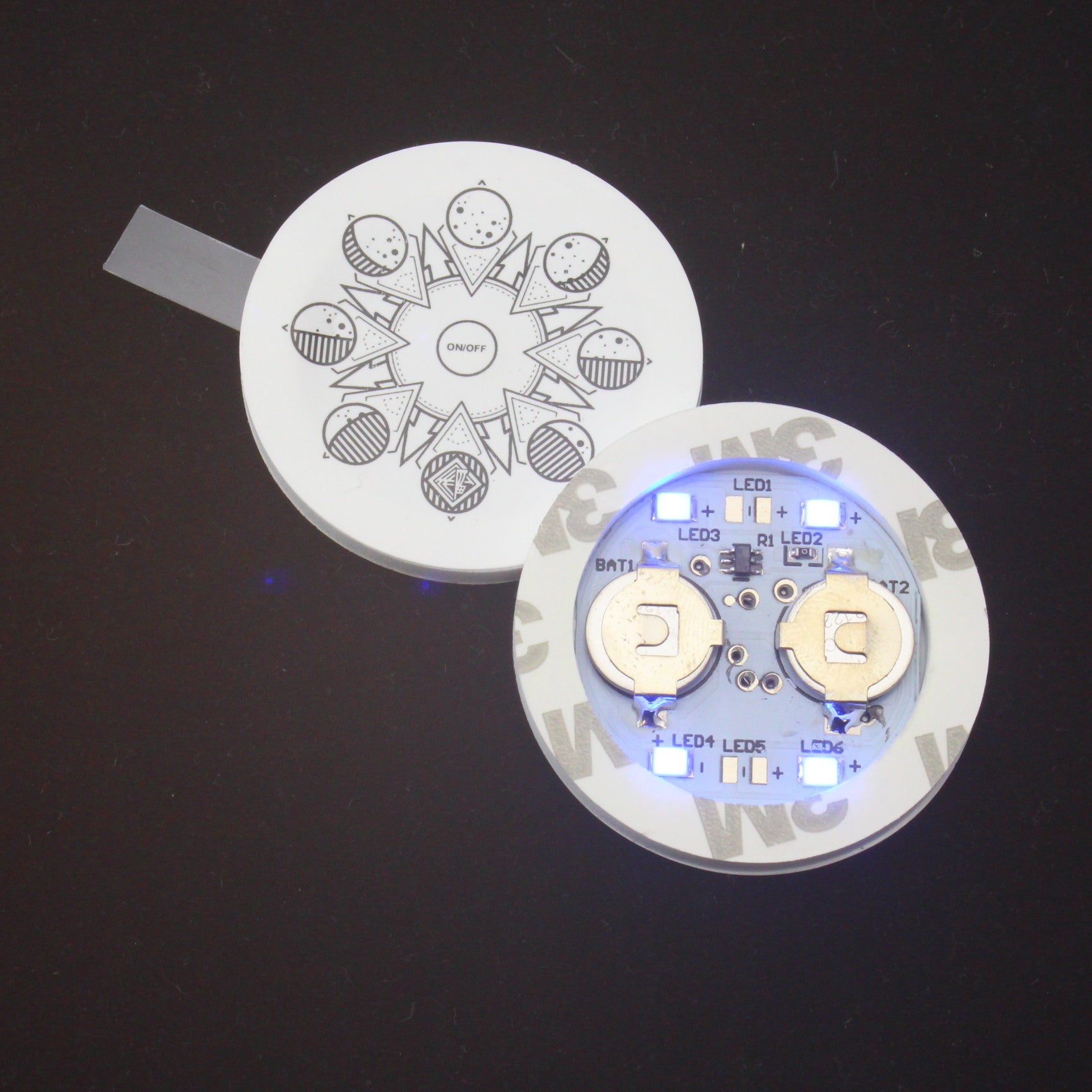The Power of Not Watching Your Score: Improving Your Game
Imagine this: You’ve spent countless hours at your local course, practicing those intricate putts, and nailing those long drives. Yet, when you stand at a competition or even surrounded by friends, those 10-footers that were so easy during practice seem insurmountable. Sound familiar?
It’s a shared frustration. Many of us put tremendous pressure on ourselves to remain calm and relaxed, but the reality of competition brings out a different side.
Disc golf, at its heart, isn’t just about perfecting that forehand or achieving the longest drive – it’s a battle of mental willpower. Every time you step onto that course, you’re contending with your biggest opponent: your own mind.
So how do we preserve our willpower? Not watching your score is one of those proven solutions.
---
**Don’t Watch Your Score**
One of the emerging concepts in sports psychology, specifically tailored to enhance an athlete's performance, is the idea of not watching the score. This practice is rooted in the principle of maintaining pure focus on the task at hand, devoid of any external pressures or distractions.
Recognize that certain scores or game scenarios can spark negative thought patterns for some players. Staying clear of the scoreboard can help evade these potential mind traps.
In disciplines like basketball, players sometimes shy away from knowing the exact remaining time in closely-contested games, ensuring they don’t rush their decisions. Likewise, some boxers choose to remain oblivious of the round number, keeping their undivided attention on the opponent.
---
**The Benefits of Not Watching Score**
As you step onto the course, the weight of expectation and performance can sometimes blur the pure joy of the game. Shifting focus from the scoreboard to the game itself brings forth numerous benefits that can elevate both your enjoyment and your performance.
- Enhanced Focus on the Present: Players often find themselves more absorbed in the game, taking each throw as a unique challenge.
- Reduced Performance Anxiety: The absence of numbers can unshackle your mind, enabling you to play with freedom.
- Encourages a Growth Mindset: Players nurture a mindset geared towards learning and evolution.
- More Enjoyment: Players often rediscover the intrinsic joy of each throw and the game’s essence.
---
**Do I Really Need to Know My Score?**
Technically, not during the round. Always being aware of your score can sometimes be more of a hindrance than a help. Remembering the past or peering anxiously into the future pulls you away from the present moment. Letting go of the past allows you to be the best version of yourself in the moment. Of course, there are times, like during a final round lead card, when knowing the score can inform strategic decisions. But for most of your game, the best strategy is often to play in the present.
---
**Practical Tips on Implementing This Strategy**
While understanding the merits of not watching the score is vital, actualizing this principle on the course requires intention and practice. Here are some tangible steps to help you incorporate this mindset into your playstyle.
- Set Clear Intentions: Before you step onto the course, decide when (or if) you’ll check the score, providing a structure to your game.
- Hide Your Score on UDisc: There is a setting on UDisc that will allow you to hide this information. After creating a scorecard, simply open the scorecard menu by tapping it in the top-right corner, then toggle the Hide Overall Score option. Next time you create a scorecard, this setting will be remembered.
- Use a Caddy or a Friend: Lean on a companion to monitor the score, offering strategic insights when essential without delving into exact numbers.
- Journaling: After each round, pen down your feelings, notable successes, and areas demanding finesse, emphasizing personal growth over numerical achievements.
- Focus on Rituals: Anchor yourself with pre-shot rituals. Whether it’s visualization, deep breathing, or a specific gesture, these acts help center the mind, keeping it from straying towards the scoreboard.
---
**Reading Recommendation**
For a deeper dive into mastering the mental aspects of sports, check out "The Inner Game of Golf" by W. Timothy Gallwey. Beyond its tennis-centric title, Gallwey offers universal wisdom through real-life examples, actionable instructions, and insightful advice. He highlights the importance of presence and eliminating self-judgment, providing practical strategies to harness these principles. A must-read for anyone eager to further hone their mental game.
—-
**The Bigger Picture**
Disc golf, at its heart, is more than a sport; it’s a reflection of life’s larger challenges and joys. The lessons learned on the course often mirror the skills we need off it. Embracing the philosophy of not watching the score offers insights that extend beyond the game’s confines, enriching our wider life experiences.


